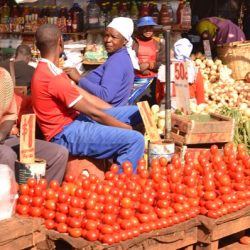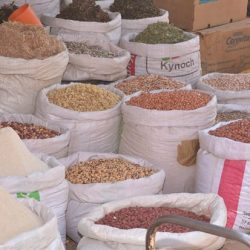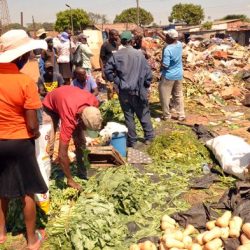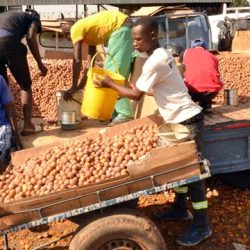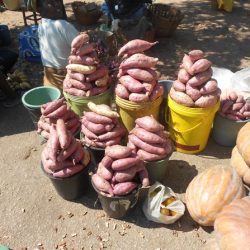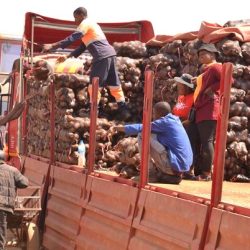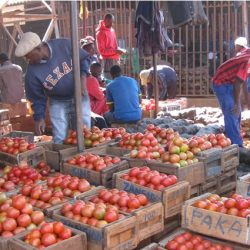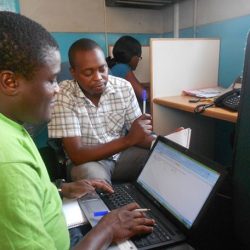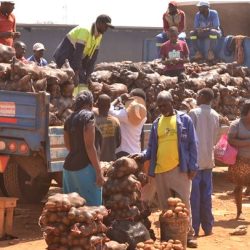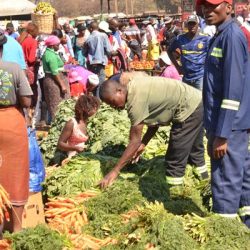Who should quantify opportunities and risks for smallholder food producers?
Who should quantify opportunities and risks for smallholder food producers? The harsh realities associated with rainfed agriculture make it difficult for smallholder farmers in remote parts of African countries to quantify their opportunities and risks. Such a big picture perspective can come from extensive research and real-time information gathering in the market. Even the most Read more about Who should quantify opportunities and risks for smallholder food producers?[…]

